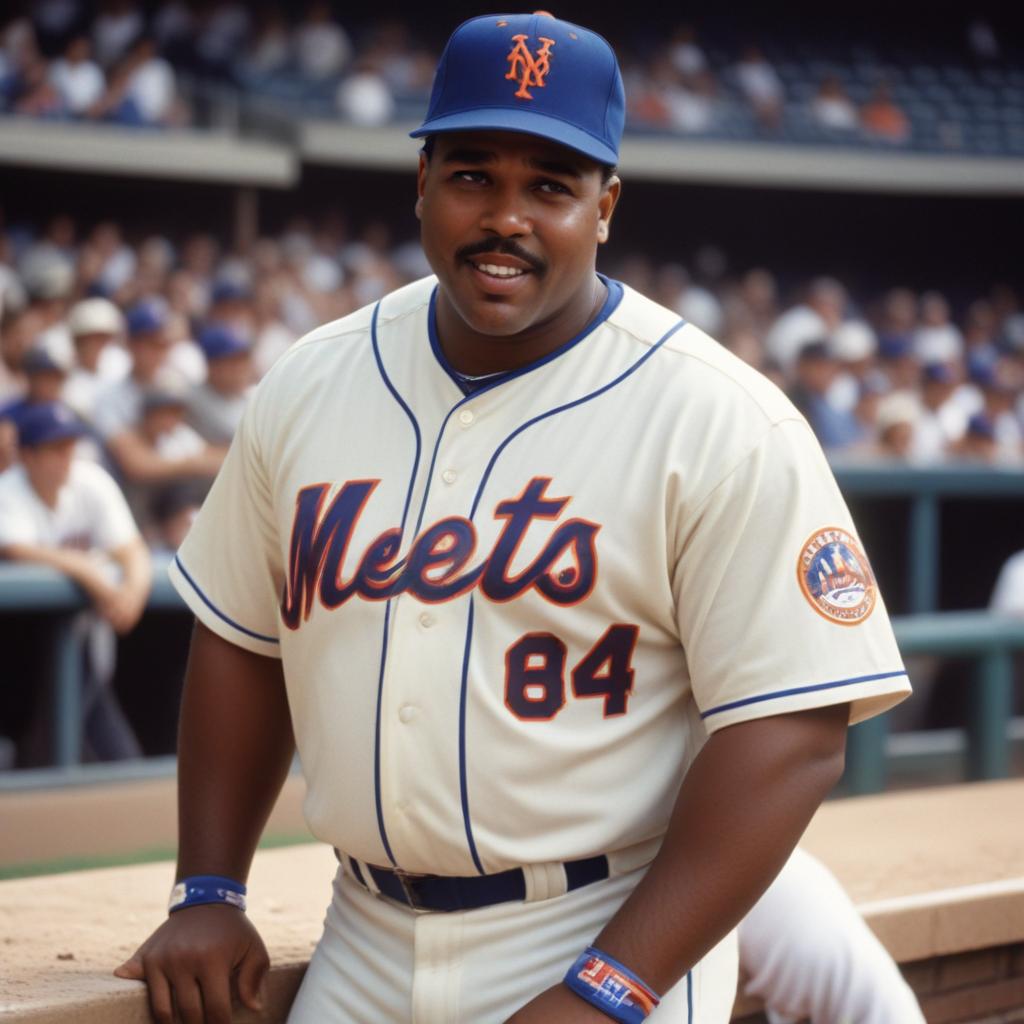Former Mets player Bobby Bonilla continues to receive a hefty annual payment thanks to a unique contract negotiated in the wake of Bernie Madoff's Ponzi scheme. Learn how this unusual deal came to be and how it compares to other deferred payment schemes in MLB.
Bobby Bonilla hasn't played professional baseball in 24 years, yet he receives a $1.2 million annual payment from the New York Mets every July 1st. This is the result of a contract negotiated by his agent, Dennis Gilbert, that will continue until 2035, when Bonilla will be 72. The deal was a result of the Mets' desire to part ways with Bonilla after the 1999 season, but with $6 million remaining on his contract. Former Mets owner Fred Wilpon, a victim of Bernie Madoff's Ponzi scheme, opted to defer Bonilla's payments, which were then unwittingly invested into Madoff's fraudulent scheme. Gilbert negotiated an 8% annual interest rate on the deferred payments, resulting in a total payout of $29.8 million for Bonilla. While deferred payment schemes are not uncommon in MLB, Bonilla's case is particularly noteworthy due to its connection to the Madoff scandal. Recent examples include Shohei Ohtani's deferred payments with the Los Angeles Dodgers, highlighting the continued use of this strategy. The concept of deferred payments in professional sports has a long history, dating back to "The Dolgoff Plan" in the 1960s, showcasing Bonilla's deal as a high-profile example of a long-standing practice.



